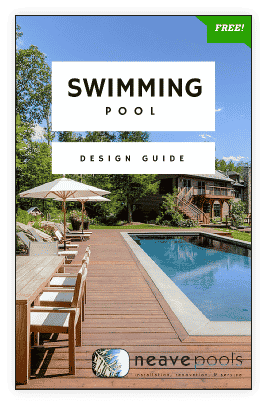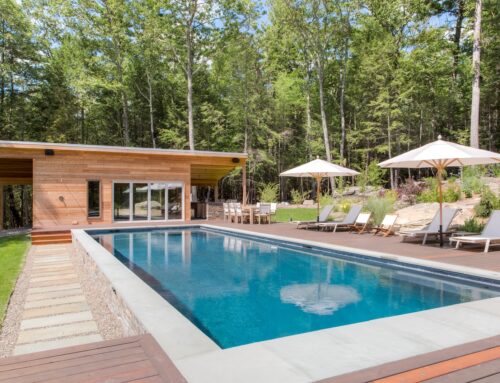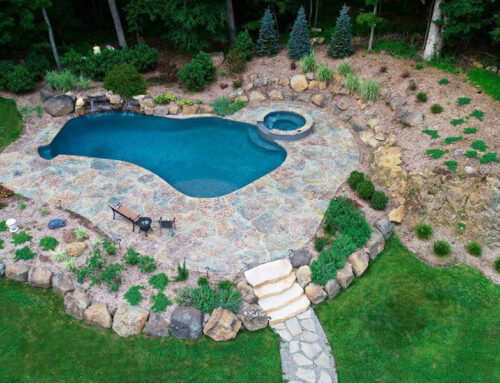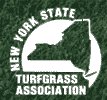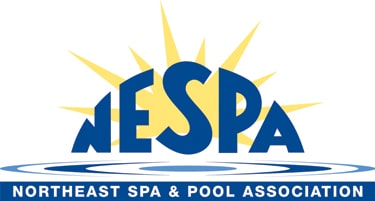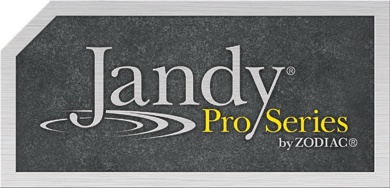The list of great things about having a backyard swimming pool is practically endless. It brings the family together and offers cool refuge during a hot summer. Add pool toys for the kids and some cold drinks for the grown-ups, and you’ve got an instant party. The list goes on and on.
The list of not-so-great things is shorter. The bottom of the barrel of less-fun things: the nitty-gritty, literally. Keeping your pool clean and filtered can seem like a real chore, but if you keep up with it, you’ll have far fewer problems and a nicer place to enjoy all that pool fun.
As you might guess, fine particles on their own can’t do a lot of damage. But when many of them build up in your pool, they can create a big mess and lead to problems in your pool that you didn’t foresee.
Here’s some basic information on swimming pool filtration systems:
How often should I run my pool filter?
There’s really no such thing as too much filtration. We actually recommend keeping your pool up and running, including all pumps and filters, 24 hours a day during the season you have your pool open.
Letting your water sit stagnantly can lead to water chemistry issues, among many other issues.
What are the best types of pool filters?
There are three main types of pool filters: sand filters, cartridge filters, and diatomaceous earth filters. They vary in both cost and effectiveness. To find out which may be the best choice for you, contact your pool contractor or get in touch with us at Neave Pools!
Sand filters
These filters are the least-expensive choice and have been in use for a long time. But they’re also the least effective, filtering out only larger particles (about 20-25 microns in size). The biggest disadvantage to these filters: Periodically, they need to be “backwashed,” which involves dumping treated pool water into the local environment.
Cartridge filters
These filters are large, with pleated-polyester filter elements that look like a car’s air filter. They can work hard for quite some time with minimal maintenance (and cleaning). Their only disadvantage: They don’t filter as finely as the “best” filters out there. But many pool builders and owners prefer them because they reduce the amount of chlorinated water and saltwater that’s discharged into the environment.
Diatomaceous earth (DE) filter
These filters are by far the most effective, filtering between 3-5 microns of debris from the pool water. But with great power comes great responsibility: The power of these filters means more debris that can clog the system. Once clogged, these filters need to be drained, taken apart and cleaned out. Then the diatomaceous earth — a white powder made from crushed seashells and fossils — needs to be replaced.
We recommend DE filtration systems only for clients who will be using our weekly maintenance so that we can handle the maintenance and cleaning.
Want more information?
If you’re in Hudson Valley, call (845) 463-0592. Westchester, call (914) 271-7996. Cold Spring, call (845) 463-0592, and in Connecticut, call (203) 212-4800. Or fill out the handy web form on this page, and we’ll get in touch with you to schedule a complimentary swimming pool consultation.
Image credit: PoolNew
